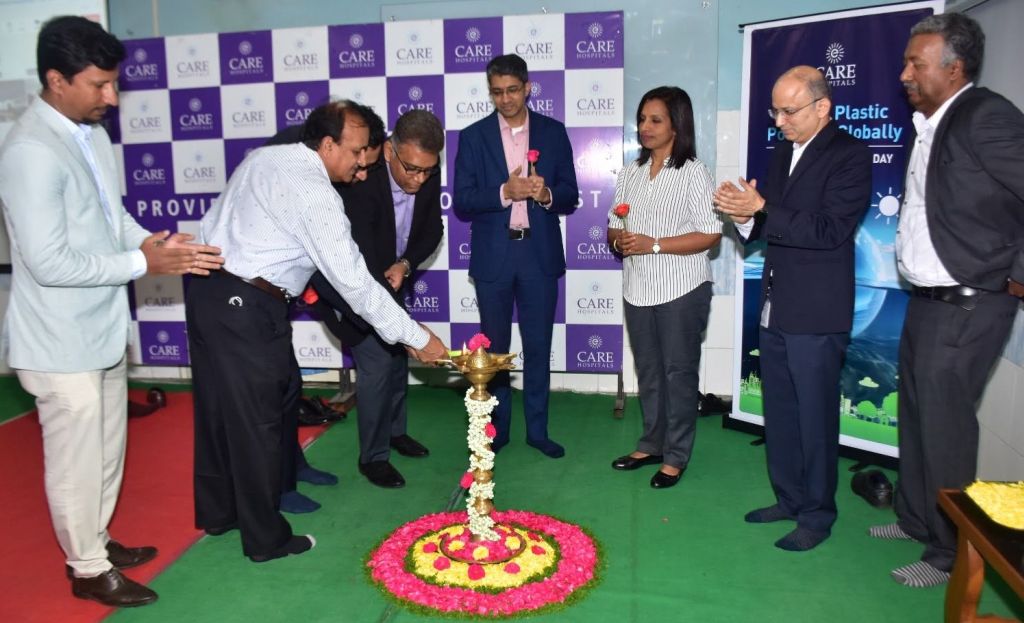Nagaland villager sets up facility to make bioplastic bags from cassava plant
Smallholder farmers in 10 villages of Mokokchung district of Nagaland are setting an example by using compostable bioplastic bags made from cassava starch in place of plastic. Government efforts to ban single-use plastic have had limited impact mainly due to the lack of alternative lightweight materials that can replace the widely used plastic.
To address this challenge, North East Centre for Technology Application and Reach (NECTAR) has supported an initiative to produce compostable bioplastic bags from cassava starch (Manihot esculenta). Ecostarch, a Nagaland-based MSME, has set up a facility to produce bioplastic bags from cassava plant in Mokokchung, Nagaland and is mobilising farmers within a range of 30-40 kilometres of the production facility to cultivate cassava. Farmers have already started planting the material and it will be ready for harvest in about a year.
The present production capacity of the unit is around 3 tonnes per month and market survey has revealed higher demand.
Through this model, 'Cassava Village' is being promoted to boost the local economy and provide employment opportunities to the local youth. Farmer groups are being facilitated to provide them with alternative livelihood opportunities through cassava cultivation. Farmers are also being trained in cassava cultivation and are being equipped with useful agricultural inputs.
Women Self Help Groups working in all the targeted villages are also being strengthened and encouraged to take up cassava cultivation as their income generating activities (IGA). EcoStarch aims to set up biodegradable film/bag manufacturing unit suitable for food packaging and carry bags made from cassava starch sourced locally from farmers. This will employ more local youth in cleaning raw materials, sorting products for shipping and packaging.
This effort has given birth to an eco-friendly plastic economy in the region, creating a green economy. It is expected to act as a potential employment generation activity. It is on its way to transforming every village into an entrepreneurial hub, creating a greener circular economy and bringing the much-needed economic freedom among farmers in rural areas.




